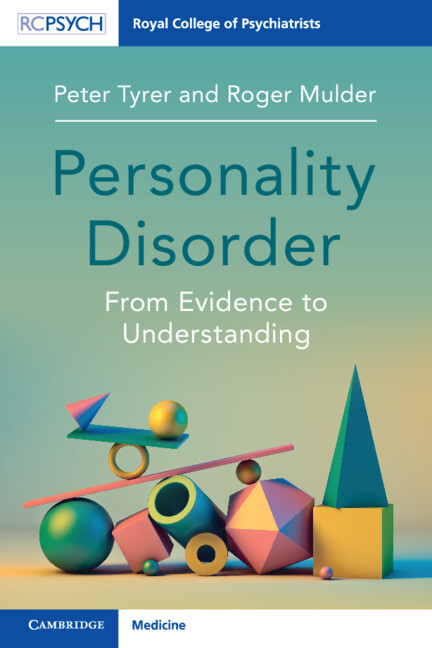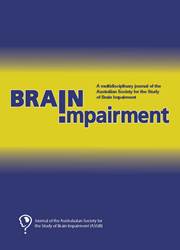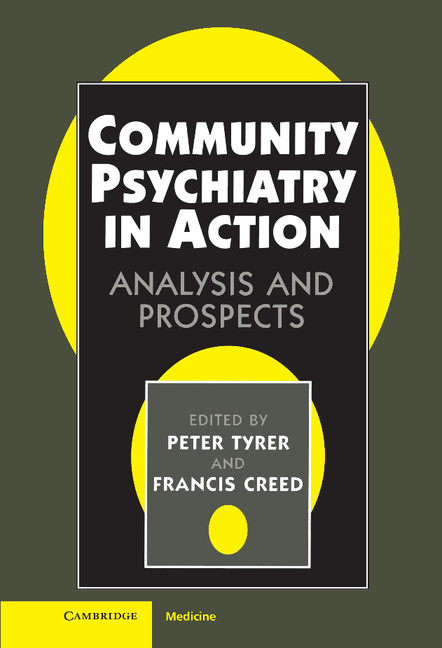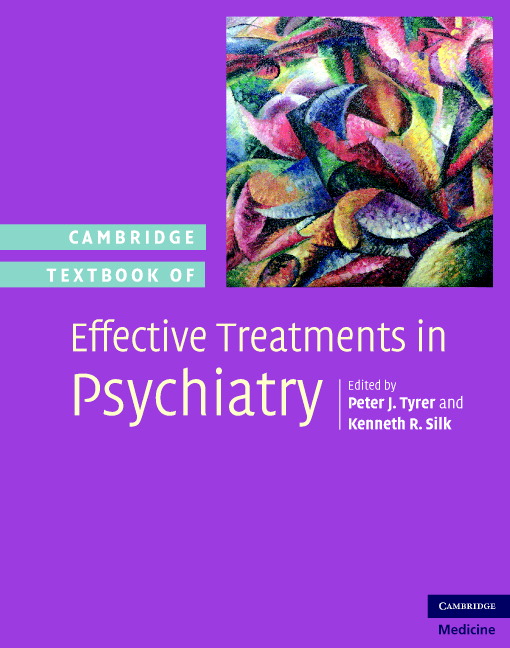Nidotherapy
We all think about the environment when treating mental illness, but we regard it as secondary to helping symptoms and behaviour. Nidotherapy is the collaborative and systematic process of changing the physical, social and personal environment for people who have failed to respond fully to conventional treatments. It can be given by therapists unqualified in other specific treatment interventions and is highly cost effective, and so offers great advantages in health services constrained by cost pressures. This new edition has been fully revised, and includes new chapters on the principles of nidotherapy, the evidence for its effectiveness, its use in intellectual disability and those of limited mental capacity, the skills needed for nidotherapy, the economic benefits and common misconceptions. This comprehensive guide shows how nidotherapy can be used across the range of mental disorders and gives evidence for its value.
- The only available book on the subject, this is a vital guide to the subject of nidotherapy
- Presents an excellent example of integrated health and social care - there is excellent evidence that nidotherapy saves money for health services
- Both a treatment and a set of principles, nidotherapy can be used in practice and as a general principle
Product details
February 2019Paperback
9781911623052
122 pages
234 × 156 × 8 mm
0.23kg
7 b/w illus. 7 tables
Available
Table of Contents
- 1. The general philosophical principles of nidotherapy
- 2. Assessing the patient for nidotherapy
- 3. The four phases of nidotherapy
- 4. Methods of delivering treatment
- 5. Nidotherapy for people with intellectual disability and dementia
- 6. How to develop skills in nidotherapy
- 7. What are the qualities of a good nidotherapist?
- 8. Nidotherapy, physical and occupational health and social care
- 9. Research evidence
- 10. Economic benefits of nidotherapy
- 11. Common misconceptions about nidotherapy.
















